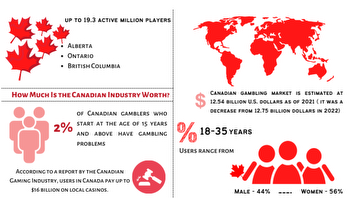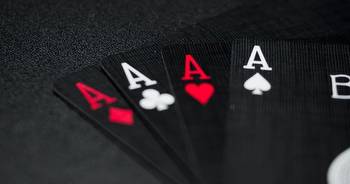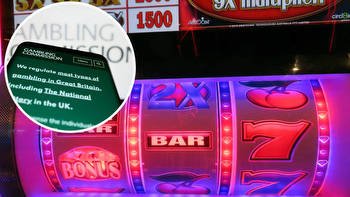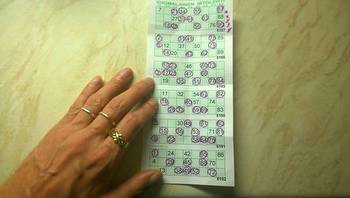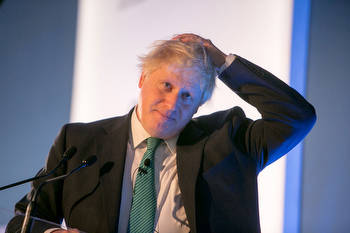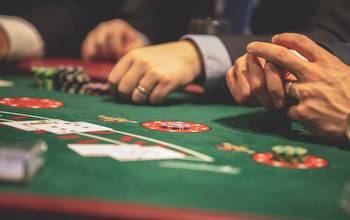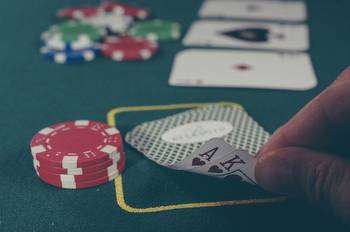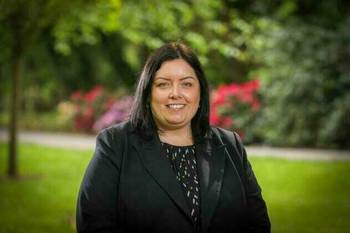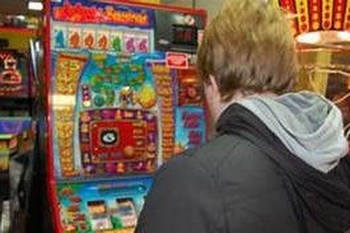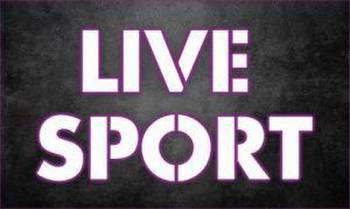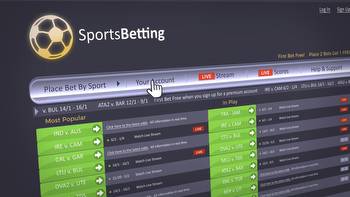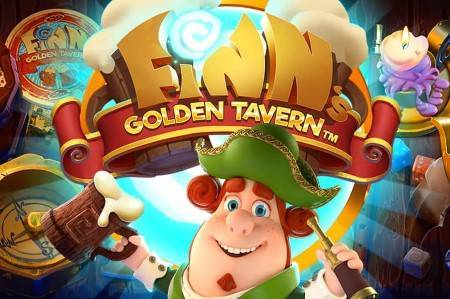Northern Ireland's Gambling Law Changes 'Overdue'
 Northern Ireland is set for an overhaul of its gambling laws which were created in 1985. This will include a new code of practice for operators and the ability to open on Sundays.Northern Ireland is one of many countries in the process of switching up its gambling laws. This follows other companies making some changes to their own gambling laws, including the USA and Canada, which have become less restrictive over the past few months.Northern Ireland aims to review and change its current gambling laws because they were created over 35 years ago and have not been adequately updated since. The current rules are regulated by the Betting, Gaming, Lotteries and Amusements Order of 1985, which does not keep pace with the most recent changes in the gambling industry, especially the popularity of online gambling and casino websites. This has created many calls from politicians and social commentators stating that change is long overdue.
Northern Ireland is set for an overhaul of its gambling laws which were created in 1985. This will include a new code of practice for operators and the ability to open on Sundays.Northern Ireland is one of many countries in the process of switching up its gambling laws. This follows other companies making some changes to their own gambling laws, including the USA and Canada, which have become less restrictive over the past few months.Northern Ireland aims to review and change its current gambling laws because they were created over 35 years ago and have not been adequately updated since. The current rules are regulated by the Betting, Gaming, Lotteries and Amusements Order of 1985, which does not keep pace with the most recent changes in the gambling industry, especially the popularity of online gambling and casino websites. This has created many calls from politicians and social commentators stating that change is long overdue.As part of the overhaul, Northern Ireland will implement a new code of practice that includes rules that any legal operator must follow. This means any bookmaker or casino service provider with a NI gambling license will have to abide by all of these rules or face punishment, probably heavy fines and possible expulsion from operating. The rules will be developed to keep players safe and ensure responsible services.
A spokesperson from PartyCasino stated that the online casino 'intends to comply with any new regulations set' in Northern Ireland. This popular online casino - which is enjoyed across continents -has been sticking to a promise only to offer services in fully regulated markets. They will comply with the pending code of practice for their business in Northern Ireland. This will be the line taken with any legitimate online casinos aiming to maintain a reputable service across borders.Some of the planned changes to Northern Ireland’s gambling laws include:1. Expanding the definition of cheating to include attempts to cheat2. Regulations surrounding online gambling3. Creating a statutory levy on operators to raise money4. Making gambling contracts enforceable by law5. Making it illegal for children to play games even when supervised by a paying adult6. Allowing bookmakers to remain open for business on Good Friday and Sundays is currently listed as illegal. Data found that nearly all of the public believed they should be allowed to open on Sundays, and 66% agreed to opening on Good Friday.7. The creation of a mandatory code of practice for operators (as discussed above)Northern Ireland does not currently have its own gambling commission, compared to the UK, which has the UK Gambling Commission to oversee vendor behaviours and laws of gambling in the UK. This may be the next step for NI in its pursuit to modernise its gambling industry. In fact, the BBC reported that the Northern Ireland public strongly supports having their own gambling commission to act in a similar way as the UK Gambling Commission after a consultation carried out by the NI Department for Communities investigated the topic.











